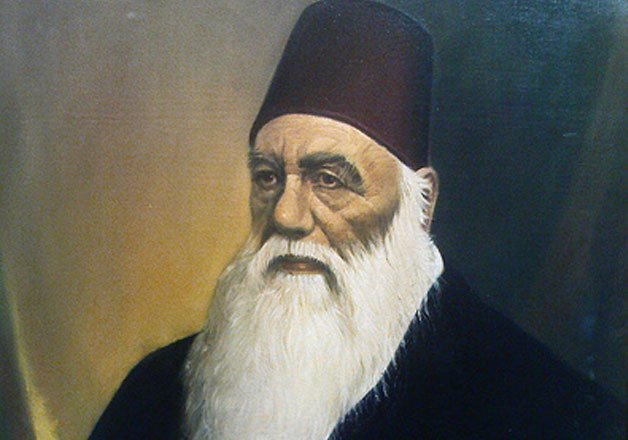“When a nation becomes devoid of education it invites Poverty and when poverty comes, it brings in its wake thousands of crimes.”
Sir Syed Ahmed
Sir Syed Ahmad Khan, a reformist, educationist and an acclaimed writer known across the world for his efforts to break the shackles of illiteracy and ignorance from the feet of the Muslim community during the British rule is remembered all across the globe on his birth anniversary which is celebrated with full vigour on October 17th every-year by the Alig community.
As Aligs across the globe celebrate the birth anniversary of the founder of Mohammadan Anglo-Oriental College, which came to be known as Aligarh Muslim University in 1920, the messiah of Muslim education, Sir Syed is remembered for his contributions to the education of the Muslims of the 19th Century and several centuries thereafter.
Introducing the English education system at a time when it was uncommon, and convincing a community that held tightly to its own beliefs was not an easy task.
He was initially a British loyalist and spent a considerable amount of time working in the British Administration. However, the Revolt of 1857, marked as the first uprising against the Britishers by the Indians in Modern History, changed his outlook towards foreign rule and policies.
He started concentrating on the conditions of the Muslims in the country and began working to introduce the English scientific education system. His beliefs met with criticism especially from the Orthodox religious scholars within the community who also declared him a non-believer on several occasions.
Sir Syed knew that the English rule had to be opposed but the education system had to be enacted for its benefits. Sir Syed’s contributions began when he opened a Madarsa in 1859 in Muradabad where provisions were made for both modern education and religious learning.
In 1863, he opened another Madarsa in Ghazipur which came to be known as Victoria High School. He also opened a Scientific Society to enhance the scientific knowledge and temperament within his own community and later shifted it to Aligarh.
Sir Syed spent time in England to understand the details of the educational institutions. However, as he was unable to hire a good architect, he designed most of the buildings at the university by himself. His notion was of an educational institution similar to Oxford and Cambridge.
He also established a committee for the education of the masses that drew criticism from the people as they held the belief that the system would deprive the youth of their religious beliefs and make them lose their moral values. However, even after the abuses hurled at Sir Syed, his vision never faltered.
After establishing MAO College in 1875, Sir Syed Ahmad Khan realised the need for financial aid to expand the university and allow students from poor households to also study in college. He wrote to many renowned people, asking them to donate to the establishment of a University. Nevertheless, every penny he collected was an outcome of his unwavering determination and enthusiasm.
Once, when Sir Syed was asking for donations, an angry woman hurled a broken slipper towards Sir Syed. Sir Syed humbly accepted it and later fixed it, sold it, and used the money for donations.
Apart from his contributions to education, Sir Syed was also a keen thinker and a writer. When the Muslims across the globe were protesting against the book “Life of Mohammad” written by William Muir, Sir Syed decided to cross-check the citations in the book.
He spent eight years contemplating it and finally came back with an answer in the form of book Khutbut-e-Ahmadiya.
He also propagated the idea of Hindu-Muslim unity, popularly calling them the “two eyes of a bride” along with Harmony and Peace among the people.
Sir Syed Day is not only a remembrance of the founder of AMU, a university known throughout the world for its contributions to various spheres of education and research. It is also a commemoration of the idea of peace, harmony and non-violence. An idea to think and reflect upon contemporary issues, an idea to use one’s intelligence to fight against ignorance and free the world from the looming darkness with the lamp of education.









